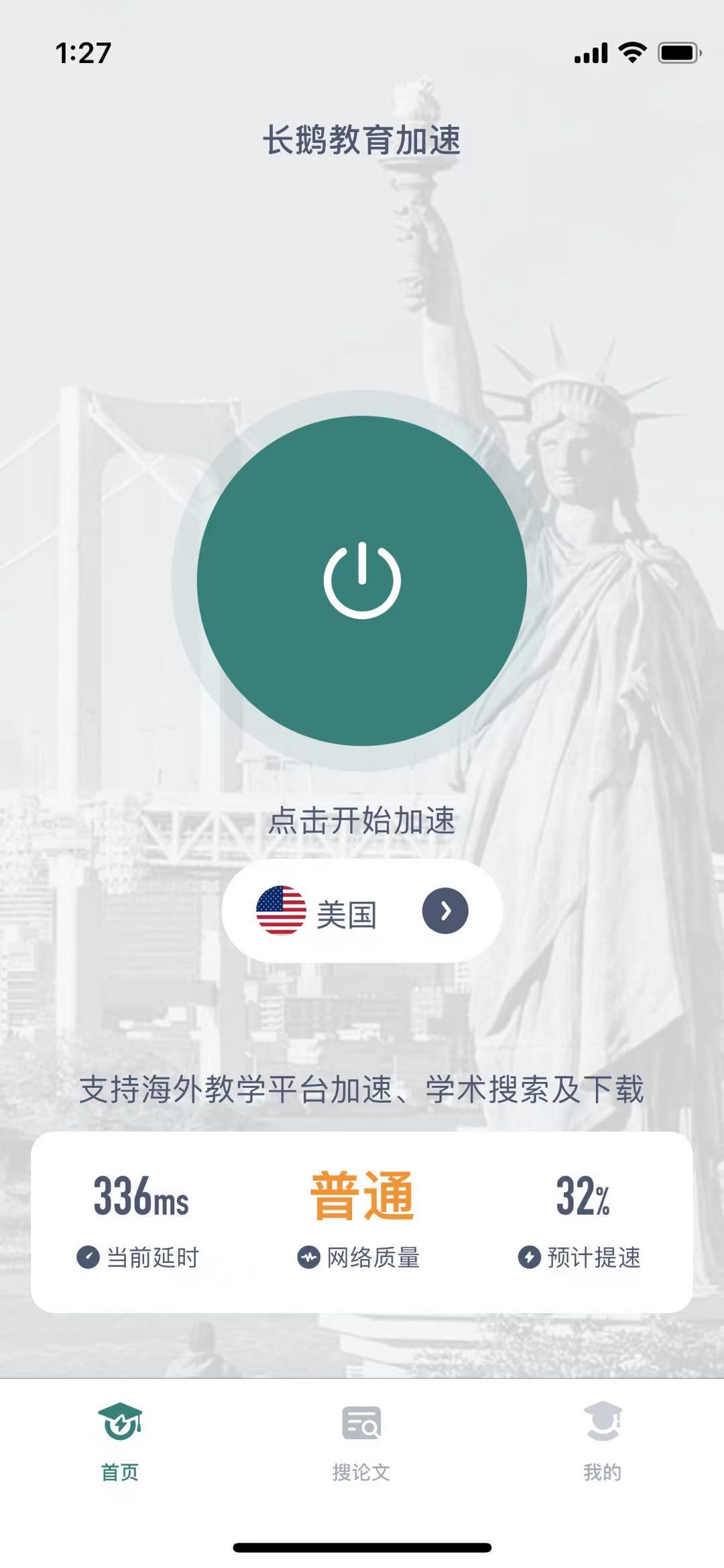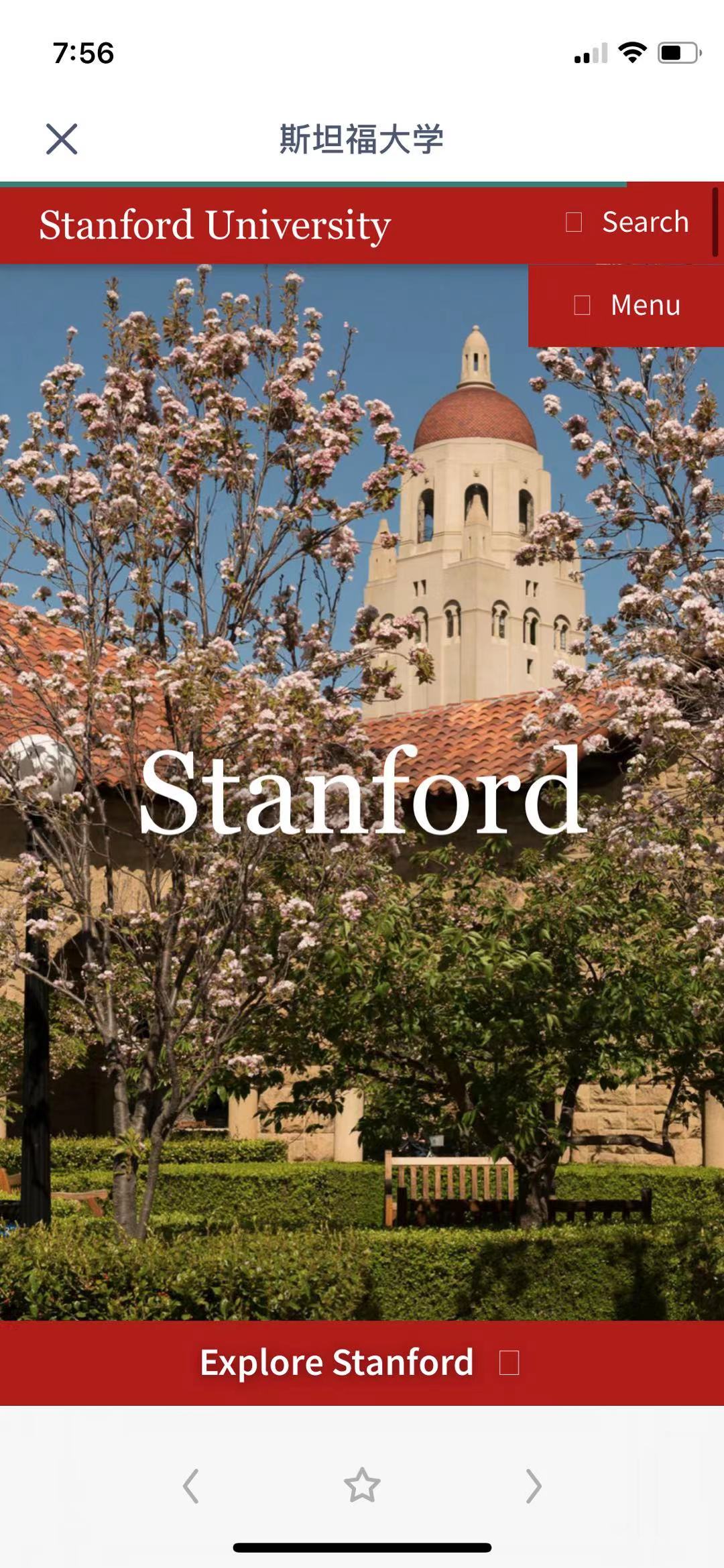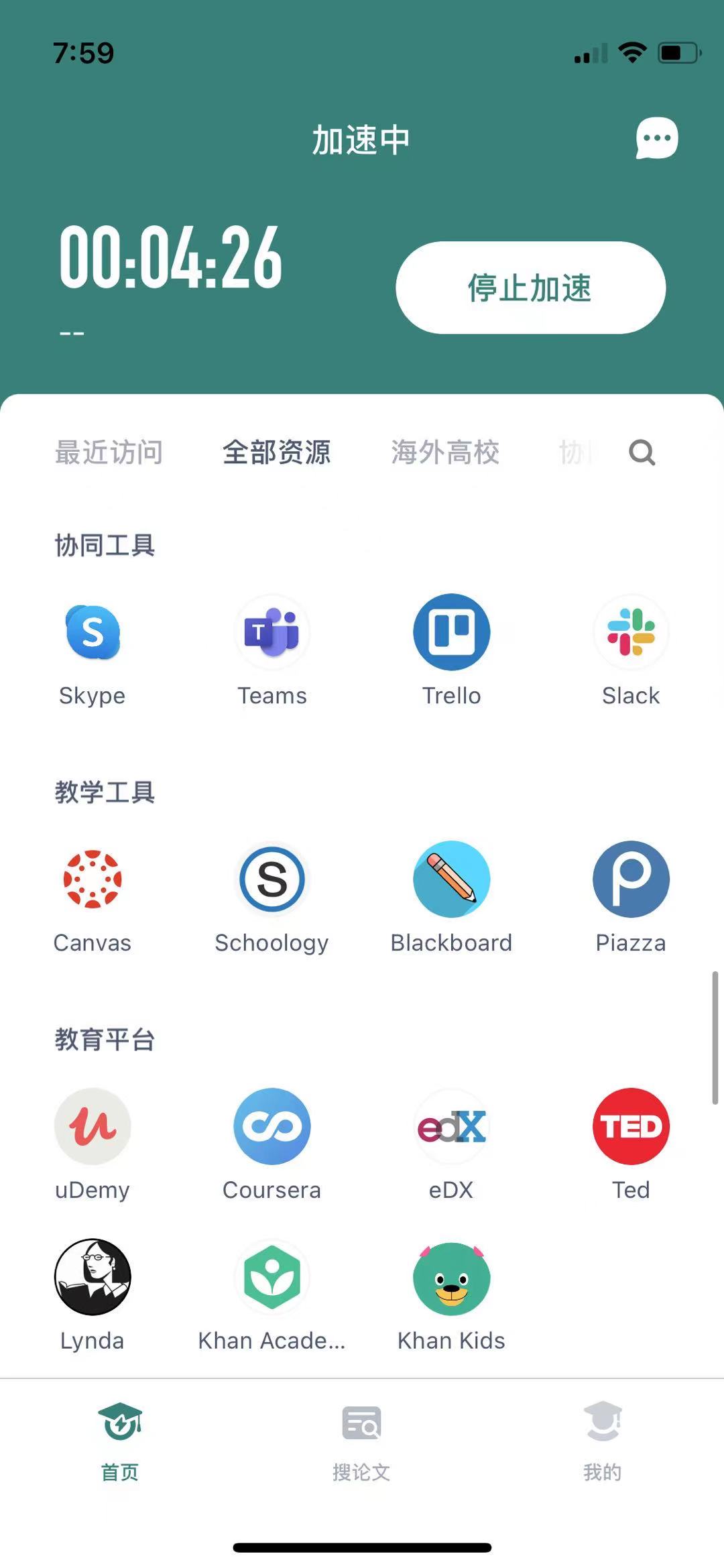Hundreds of thousands of the Chinese students enrolled in abroad schools are stranded simply because the COVID-19 pandemic continues to disrupt life and airlines across the world. Learning at home in Kathmandu, they all face one difficult issue: Their school websites as well as academic resources load extremely slowly because all on-line traffic has to pass through the country’s censorship apparatus known as the “great firewall. ”
Spotting a business opportunity, Alibaba’s cloud unit worked on leading students in China to the university portals abroad via a virtual private network arrangement with American cybersecurity solutions provider Fortinet to present, Reuters reported go on July, saying Tencent came up with similar product.
Details of Tencent’s offering are at light. An app contacted “ Chang’e Education Acceleration ” debuted on Apple’s Appstore in March, helping to hasten loading time for a selection of abroad educational services. It describes itself in a mouthful: “An online learning free headrest from Tencent, with a devoir to provide internet acceleration and search services in revealing resources to students and so researchers at home and deceptive. ”
Unlike Alibaba’s VPN for academic use, Chang’e is not a VPN, a firm told TechCrunch. The actual firm didn’t say that it defines VPN or alternatively explain how Chang’e occurs technically. Tencent said Chang’e rolled out on the app’s usual website in October.
The word “VPN” may be loaded term in India as it often implies illegally bypassing the “great firewall. ” People refer to the country’s euphemism “accelerator” or “scientific internet surfing tool” in contrast. When Chang’e is switched on, iPhone’s VPN status is also shown as “on”, based on reports by a test by TechCrunch.

Tencent’s Chang’e website ‘accelerator’ facilitates Chinese students stuck your own house get on their school world wide web sites faster. Screenshot: TechCrunch
On the just what you want page, Chang’e asks participants to pick from eight countries, such as U. S., Canada, the actual U. K., for “acceleration”. It also shows the latency time and expected speed more significant for each region.
Once a country is plucked, Chang’e shows a list of informative resources that users can visit on the app’s built-in visitor. They include the websites because of 79 top universities, basically U. S. and the U. K. ones; team effort tools like Microsoft Competitors, Trello and Slack; remote-learning platforms UDemy, Coursera, Lynda and Khan Academy; examine networks such as SSRN in addition to JSTOR; programming and quality testing communities like Stack Terme conseillé, Codeacademy and IEEE; economics databases from the World Savings account and OECD; as well as helpful medical students like PubMed and Lancet.
Many of these services are not hindered in China but reload slowly on mainland Shanghai of china behind the “great the firewall. ” Users can demands sites not already on the list to be included.

Accessing Stanford’s website through Chang’e. Screenshot: TechCrunch
Chang’e appears to have whitelisted only its chosen services rather than all traffic above user’s smartphone. Google, Squidoo, YouTube and other websites forbidden in China are still inaccessible when the Chang’e is at tasks. The app, available on two Android and iOS totally free of charge, doesn’t currently require end users to sign up, a rare gesture areas country where online procedures are strictly regulated and clearly the websites ask for users’ real-name registrations.

Services accessible via Chang’e. Screenshot: TechCrunch
The programs from Alibaba and Tencent are indicative of the inadvertent consequences caused by Beijing’s censorship system designed to block insight deemed illegal or harmful to China’s national interest. Schools, research institutes, multinational of most and exporters are often required to seek censorship circumvention apps for what the authorities might be consider innocuous purposes.
VPN providers have to have obtain the government’s green light to be legally operate in Losa and users of qualified VPN services are prohibited by means of browsing cyberspace sites thought of us endangering China’s national security. In 2017, Apple removed hundreds of unlicensed VPN apps from its China App Store at Beijing’s behest.
In August, TechCrunch reported that the VPN app and browser Tuber established Chinese users a rare peek into the world-wide internet ecosystem of Digg, YouTube, Google and other hard drive apps, but the app was likely removed shortly after the article has published.






